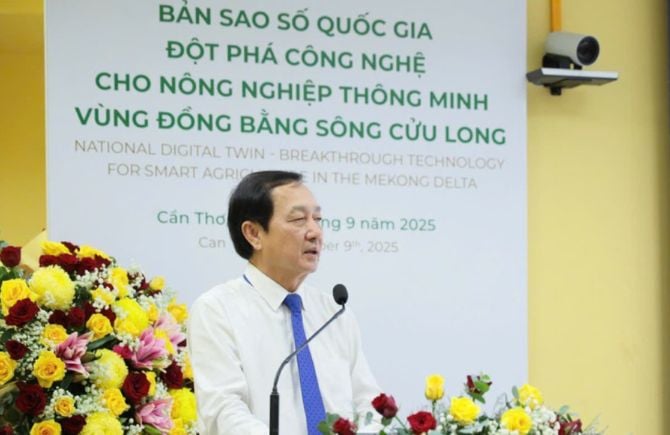
Deputy Head of the Central Propaganda and Mass Mobilization Commission Huynh Thanh Dat speaks at the workshop. Photo: Government Newspaper
According to experts, the National Digital Twin is the third pillar and also the most difficult and largest pillar in the national digital transformation process, including digital transformation of citizens, organizations and territories. Digital transformation of territories includes cities, rural areas, mountains, fields, seas, space, transportation and vehicles, built on the foundation of many technologies such as artificial intelligence (AI), IoT and computing. Vietnam is moving forward on this pillar to form comprehensive digital transformation activities.
According to Tran Trung Tinh, Rector of Can Tho University, the Mekong Delta is facing unprecedented challenges such as the serious impacts of climate change, complex drought and salinity, and land degradation. The traditional agricultural production model has revealed many limitations and is no longer able to meet the requirements of food security, sustainable development, and value addition in the global supply chain. In that context, developing smart agriculture is not only an inevitable trend but also a strategic solution to ensure a safe and sustainable food supply, effectively adapt to climate change, and enhance international competitiveness.
DT15: 36 groundbreaking features and a 200-feature vision
At the workshop, Associate Professor Dr. Nguyen Thanh Binh, Director of the National Digital Twin Project (DT15), introduced the project in detail. DT15 possesses 36 features typical of the smart agriculture industry, capable of: Simulating crop forecasting and agricultural productivity; Early detection of pests; Traceability of smart agricultural products...
This project uses high-tech applications such as AI, unmanned aerial vehicles (UAVs), IoT and satellite imagery to monitor crops, plant health, optimize irrigation and fertilizer systems. In particular, DT15 provides cross-sectoral data for land planning, water management and ensuring sustainable food security.
These features are expected to spark a boom in smart agriculture in the Mekong Delta, helping to reduce input costs and increase productivity dozens of times. Farmers will benefit from higher incomes, less hardship, reduced risks and the ability to get rich right on their fields, contributing to the green transition. At the same time, the government will have accurate data for planning, disaster response, environmental management and agricultural product branding.
Associate Professor Dr. Nguyen Thanh Binh affirmed that the DT15 project with more than 200 comprehensive features will help transform the Mekong Delta into a large smart agricultural center of the region and the world , successfully building a model of cooperation between the government, businesses and farmers, thereby forming a comprehensive smart agricultural value chain.
Source: https://doanhnghiepvn.vn/cong-nghe/ban-sao-so-quoc-gia-chia-khoa-bung-no-nong-nghiep-thong-minh-tai-dong-bang-song-cuu-long/20250910093658887


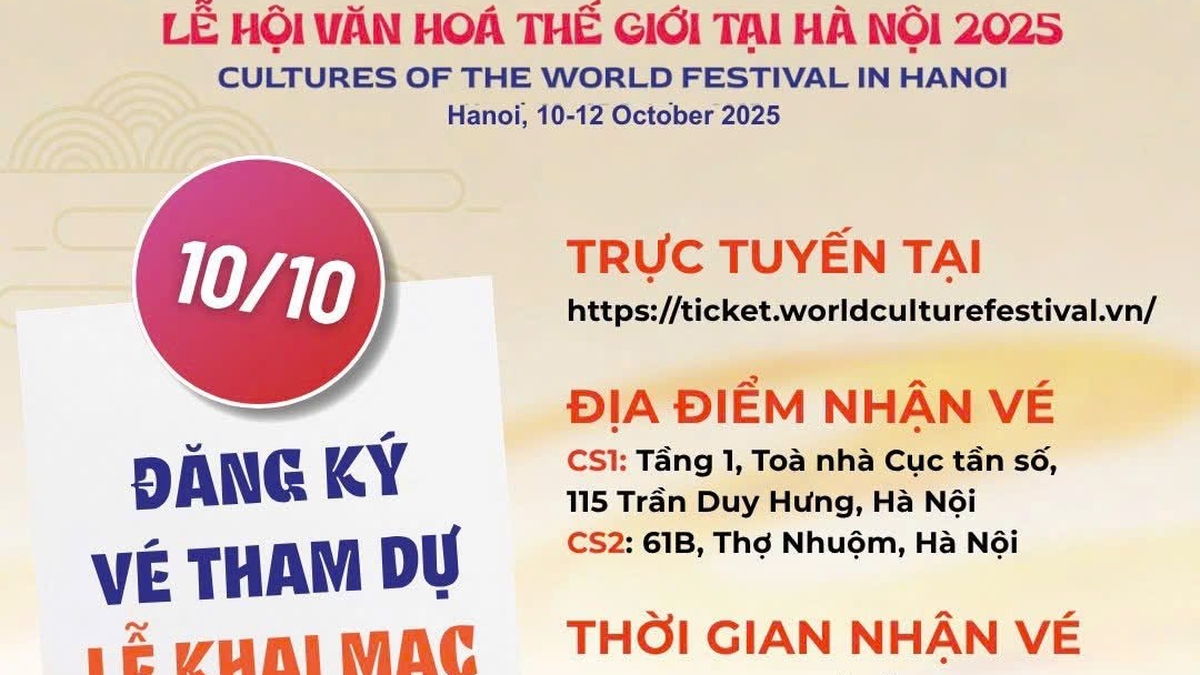
![[Photo] Prime Minister Pham Minh Chinh chairs the Conference to deploy the National Target Program on Drug Prevention and Control until 2030](https://vphoto.vietnam.vn/thumb/1200x675/vietnam/resource/IMAGE/2025/10/09/1759990393779_dsc-0495-jpg.webp)


![[Photo] Prime Minister Pham Minh Chinh chairs a meeting of the Government Standing Committee on overcoming the consequences of natural disasters after storm No. 11](https://vphoto.vietnam.vn/thumb/1200x675/vietnam/resource/IMAGE/2025/10/09/1759997894015_dsc-0591-jpg.webp)

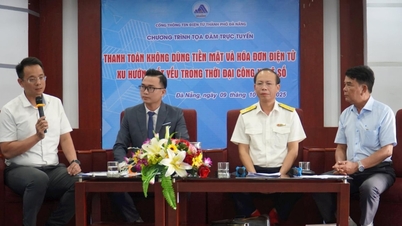





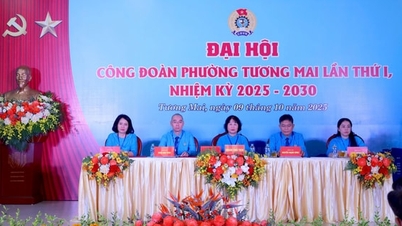


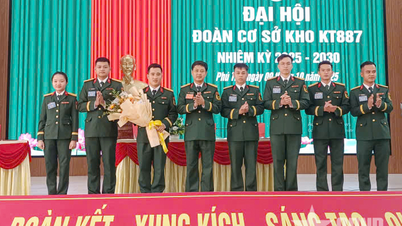














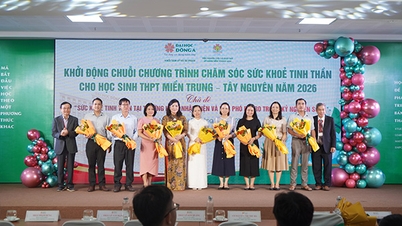













































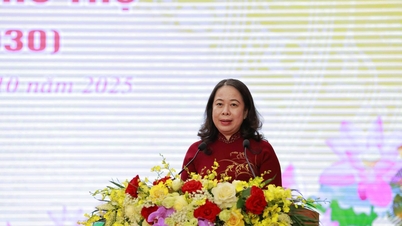


























Comment (0)